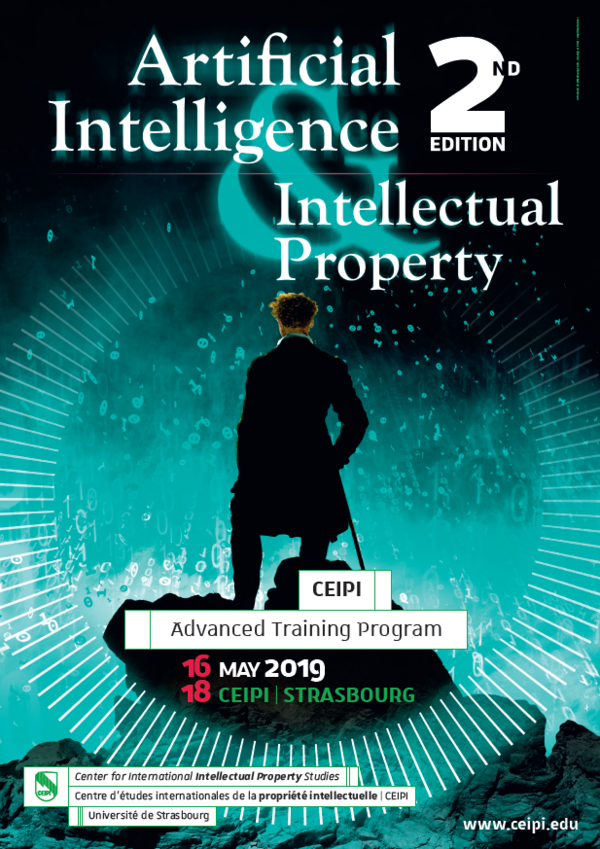This new training follows the very successful edition of past year, gathering a high number of professionals coming from thirteen European countries, and as far as Brazil, Canada, United States, China and Malaysia, and including senior officials from renowned institutions.
Artificial Intelligence (AI) and robots have been the subject of science fiction for some time. That fictional future is now a present reality. The AI market is predicted to grow from $8 billion in 2016 to more than $47 billion in 2020. Investment in AI increased more than 300 percent in 2017 compared to 2016. Intelligent machines, machine learning algorithms, sapient bots and neural networks have invaded our daily life. Humans will be increasingly called to interact with AI, especially in the digital environment. The regulation of AI’s activities is set to become a primary policy issue. Lawyers, entrepreneurs, or policy makers must fast learn about the key legal challenges that AI will bring about, if they want to play a role in a revolution that will occupy the policy debate for the next years to come and beyond.
In particular, AI’s disruptive effects on traditional business models will force a re-consideration of the Intellectual Property (IP) framework. Today, AI and algorithms write news and novels, generate artworks, write and perform music. Automated intelligence can drive innovation processes on its own initiative. AI challenges the most traditional IP legal notions, such as “copying”, “originality”, “creator”, “author”, or “inventiveness”. Can a robot be an author? Can a robot be an inventor? Can a robot co-author a work with human intelligence? Should AI’s inventions be considered prior art? Who owns the dataset from which an artificial intelligence must learn? Who should be liable for creativity and innovation generated by AI, if they impinge upon others’ rights or other legal provisions?
This training program will explore these thorny questions by dissecting legal, policy and ethical issues concerning AI impact on creativity and innovation. In this course, CEIPI will gather leading experts in the field to discuss these novel issues from a broader international perspective and make sense of inconsistent and inadequate national solutions. This training program should be of interest to creative economies and high-tech professionals and entrepreneurs, attorneys, policy makers, judges, and students.
You will find the draft program as well as registration documents on our dedicated website.
